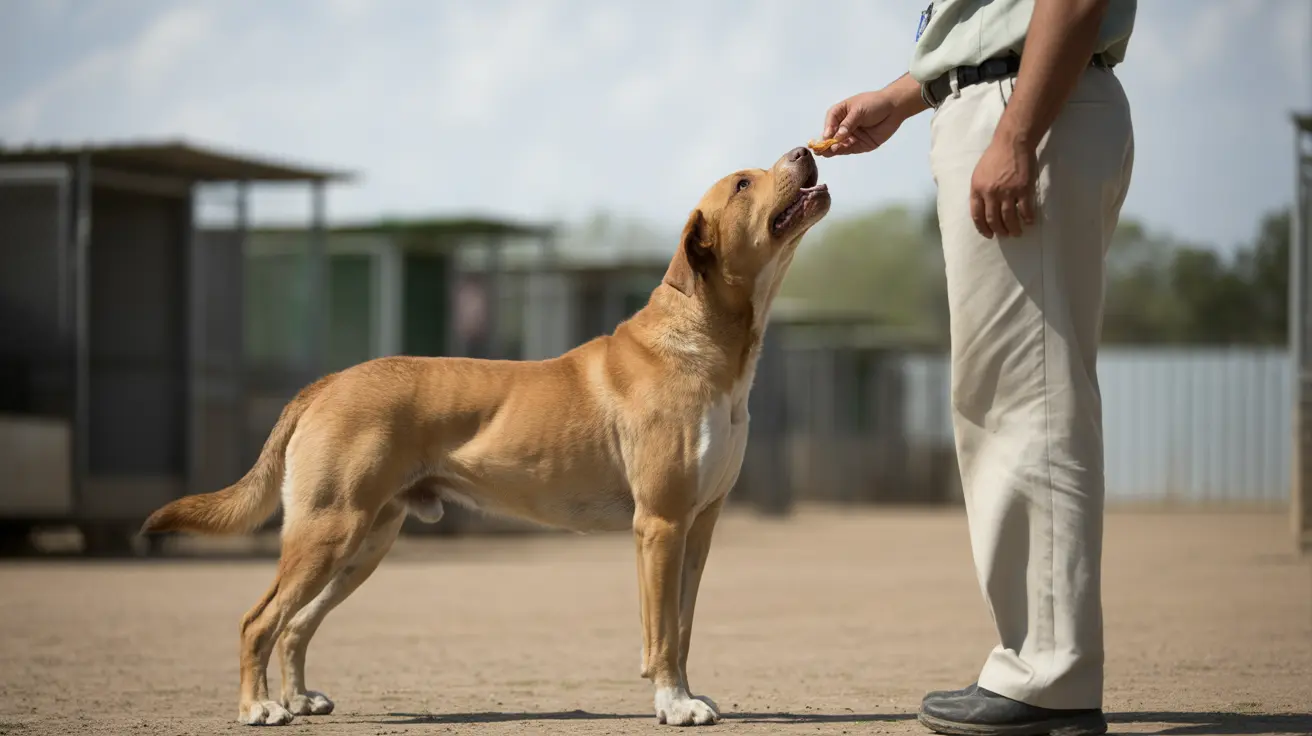Can Dogs Eat Vanilla Slices? Understanding the Risks
Many dog owners enjoy sharing treats with their furry companions, but when it comes to human desserts like vanilla slices, caution is crucial. While a sliver of plain cake may seem harmless, vanilla slices typically contain ingredients that are dangerous or unhealthy for dogs. In this article, we will explore the composition of vanilla slices, risks of certain ingredients, and safer alternatives for rewarding your pet.
What Is in a Vanilla Slice?
Vanilla slices, also known as custard slices or mille-feuille, are layered pastries often filled with vanilla-flavored custard and topped with icing or sugar glaze. The common ingredients include:
- Custard (milk, sugar, eggs, and cornstarch)
- Puff pastry (butter, flour)
- Vanilla extract (which may contain alcohol)
- Powdered sugar frosting or glaze
Why Are Vanilla Slices Unsafe for Dogs?
Although dogs may tolerate a very small amount of plain cake without harmful effects, vanilla slices are more complex desserts that pose multiple risks:
- High Sugar Content: Excess sugar can lead to obesity, diabetes, dental disease, and digestive upset like vomiting or diarrhea.
- High Fat: Fats, especially from butter used in puff pastry, increase the risk of pancreatitis—a painful and potentially deadly condition.
- Lactose: Many dogs are lactose intolerant. The milk and cream in custard can cause bloating, gas, and diarrhea.
- Alcohol-based Vanilla Extract: A small amount of pure vanilla extract can contain significant alcohol, which is toxic to dogs and can result in vomiting, low blood sugar, hypothermia, or even collapse.
Potentially Toxic Additives
Certain additives or toppings in some vanilla slices may pose even greater dangers. Ingredients to avoid include:
- Chocolate: Highly toxic to dogs. Even small amounts can cause seizures or death.
- Xylitol: A sugar substitute that causes rapid insulin release, leading to hypoglycemia and liver failure.
- Macadamia Nuts, Grapes, and Raisins: All toxic to dogs and can cause serious health issues like kidney failure or neurological symptoms.
- Nutmeg or Alcohol: Spices like nutmeg and any trace alcohol from extracts can cause toxicity or tremors.
What Happens If Your Dog Eats a Vanilla Slice?
If your dog accidentally consumes a vanilla slice, it's important to assess the situation:
- Identify the amount and ingredients: Was the slice topped with chocolate? Did it contain xylitol or alcohol-based vanilla?
- Monitor for symptoms: Vomiting, diarrhea, lethargy, abdominal pain, or signs of toxicity such as tremors or weakness.
- Withhold food for 12–24 hours to give the stomach time to settle.
- Encourage hydration and avoid any strenuous activity.
If symptoms worsen or if toxic ingredients were involved, seek immediate veterinary attention.
Safe Alternatives to Vanilla Slices
Instead of feeding dogs human desserts, opt for treats designed for canine consumption. Here are safe and healthy options:
- Plain cooked lean meats (chicken, turkey without seasoning)
- Dog-safe vegetables like carrots, pumpkin, or sweet potato
- Fruits such as apple slices (without seeds and core)
- Special dog-friendly cakes made with oat flour, pumpkin puree, banana, and no added sugar
- Commercially available "Pupcakes" from pet bakeries and retailers
Understanding Dogs' Dietary Needs
Dogs thrive on a diet rich in animal protein and balanced nutrients. Functional dog treats developed by veterinarians or pet nutritionists are based on scientific dietary needs. Adding sugary, fatty human desserts dilutes nutrition, leading to disorders such as:
- Obesity
- Heart disease
- Joint problems due to increased weight
- Poor dental health
Treats should never make up more than 10% of a dog's daily calories.
Tips for Celebrating Safely with Dogs
We all like to include our pets in special moments. Here's how to do so without compromising their health:
- Use pet-safe recipes using banana, pumpkin, or unsweetened applesauce
- Check ingredient labels and avoid anything with chocolate, xylitol, or alcohol
- Reinforce good habits by feeding only from your dog’s bowl
Conclusion: Vanilla Slices are Best Left to Humans
Vanilla slices are not safe for dogs, even in small amounts. Though the aroma may tempt them, the potential risks from sugar, fat, dairy, and alcohol outweigh any benefits. Responsible dog owners should focus on dog-specific snacks and treats that support their health. If in doubt, consult your veterinarian before introducing any new food to your dog’s diet.





